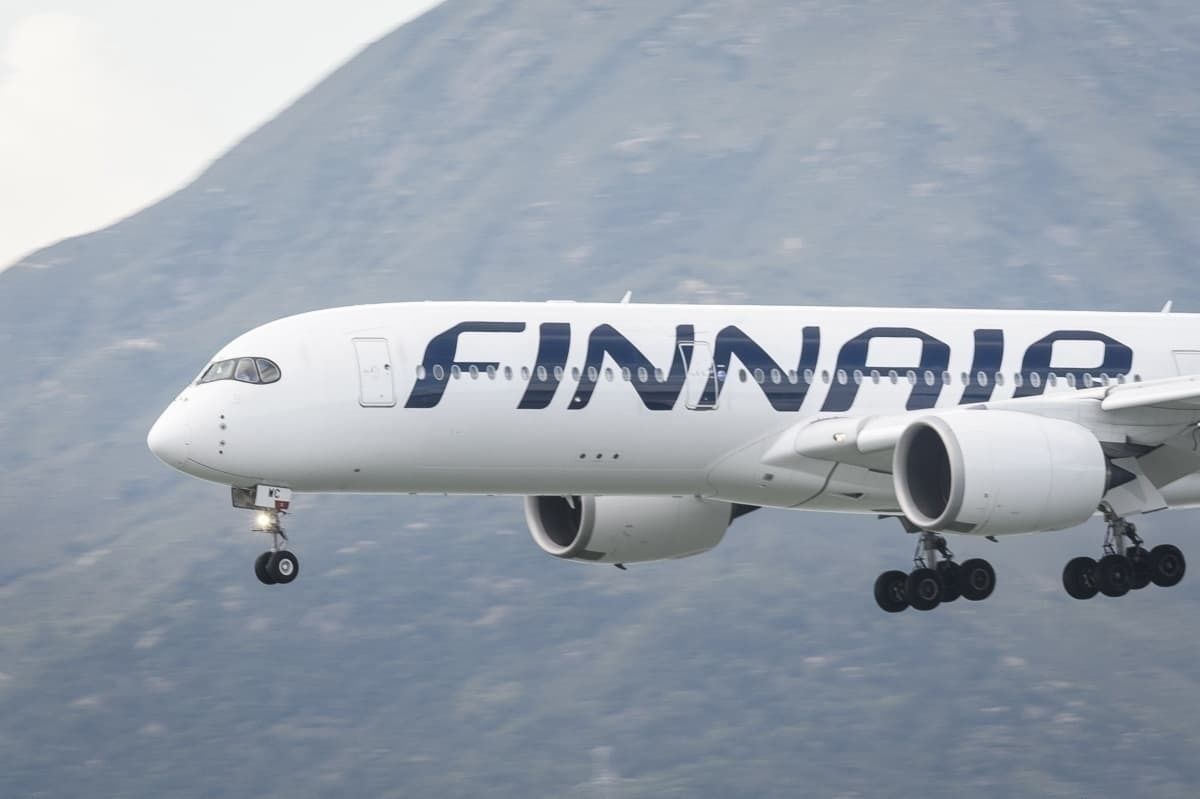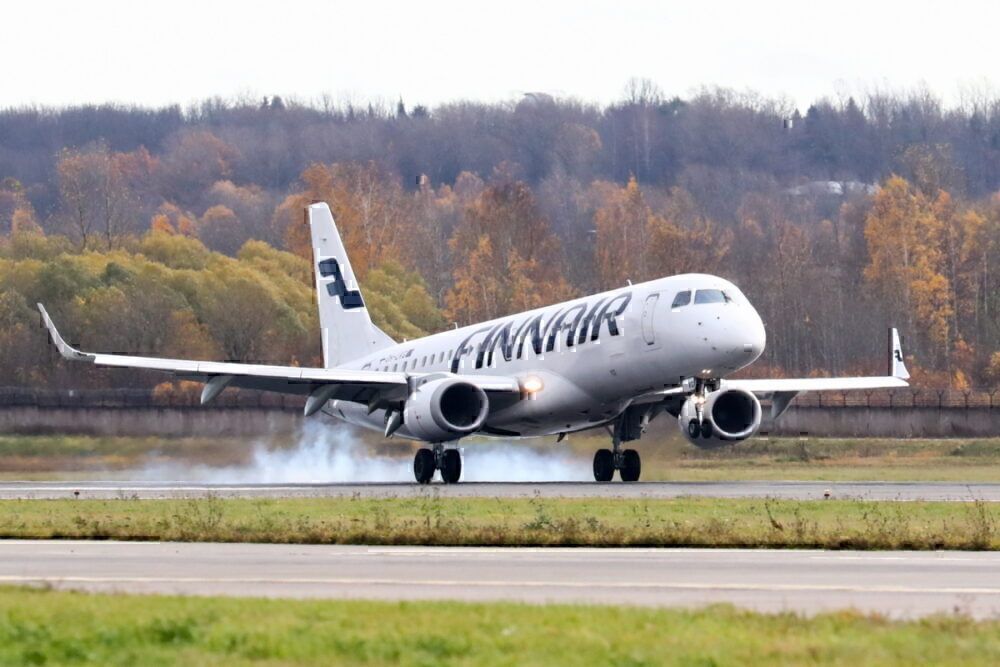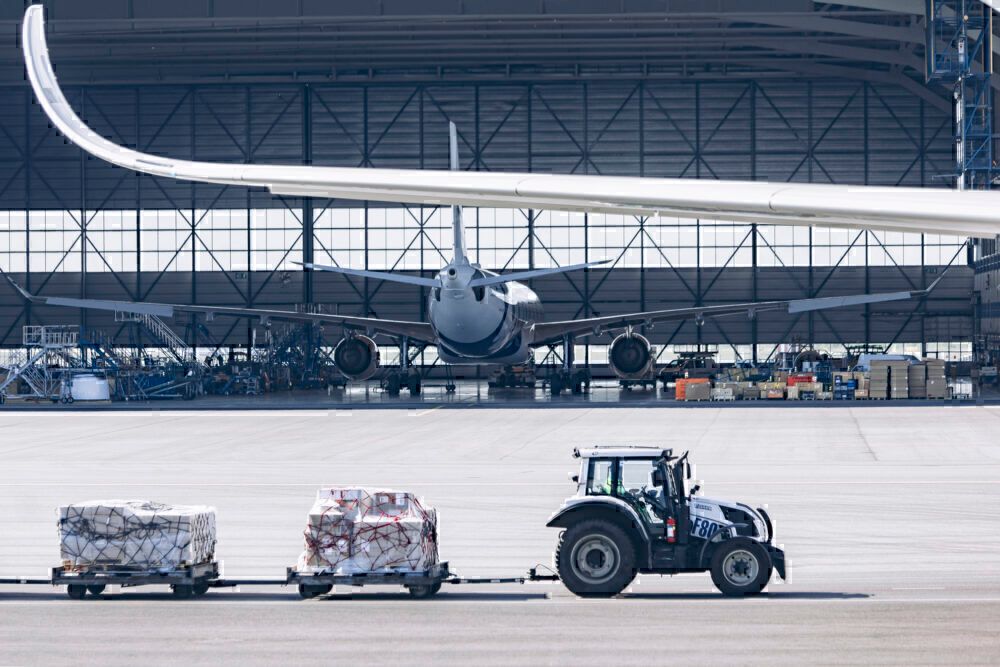As optimistic voices say that there may be an approved COVID-vaccine before the end of the year, the race is on to ensure its safe and efficient transportation. Finnair, the first carrier in the world to receive IATA's pharmaceutical air cargo certification, is preparing to provide a reliable supply chain.
While the world is still waiting for a functioning COVID-19 vaccine to arrive, airlines and airports are busy making preparations so that they can transport and store it safely when it does. Several companies have now declared that their vaccines have entered the final stage of development.
Stay informed: Sign up for our daily aviation news digest.
The importance of the "cold chain"
Air cargo will most likely be one of the main forms of transportation for the vaccine. However, one does not simply load vaccines into the cargo hold and store it along with other products. All pharmaceutical transports are sensitive, but vaccines particularly so. In order to ensure their viability and efficiency, the so-called "cold chain" must remain unbroken.
Those responsible for logistics and storage must make sure they have contingency plans in place in case of a power short-cut. Finnair's cargo branch is busy doing just that.
“It is a known fact that there is always a risk when transporting temperature-sensitive items, that’s why our job is to make sure we protect the product integrity in all possible ways,” Tommie Voss, Head of Operations at Finnair Cargo, said in a statement seen by Simple Flying.
“We have a dedicated pharma area to manage the arrival and build-up of temperature-controlled cargo. And our aircraft can be parked right outside the terminal, which makes the process fast; temperature-sensitive items can be loaded in the plane in under 30 minutes,” Voss continued.
Could independent standards foster trust?
Finnair was the first airline in the world to receive IATA’s CEIV Pharma certificate in 2015. CEIV stands for the Center of Excellence for Independent Validators in Pharmaceutical Logistics. The certification binds airlines to standards for transporting and storing medicines. Originally conceived to help increase air cargo's market share of the global pharma logistics industry, it's role has now taken on different proportions entirely.
CEIV Pharma defines consistent and recognized standards for transporting the vaccine, or vaccines, ensuring international reliability. While much of the global economy may remain stagnant until a vaccine is widely available, the ability to trust in its efficiency post-transportation will also be of utmost importance.
A good set-up with COOL
Since 2018, Finnair already boasts a state-of-the-art cargo terminal at Helsinki Airport. Its COOL Nordic Cargo Hub is generally considered one of the most advanced in Europe. Its solar-paneled roof generally covers fresh seafood, flying the short route to Asia from Norway to Japan.
However, medicines are stored in an area of the terminal dedicated to pharmaceutical goods. There, sensors record and control the temperature, and an alarm goes off if the readings are even a little bit of track.
“We have a history of excellence in pharma logistics, and with our new terminal, we have lifted all the monitoring and control to 100% in our premises,” Fredrik Wildtgrube, Head of Global Sales at Finnair Cargo, said Monday.
Do you think we will see a vaccine approved and available before the end of the year? Let us know your thoughts in the comments.



